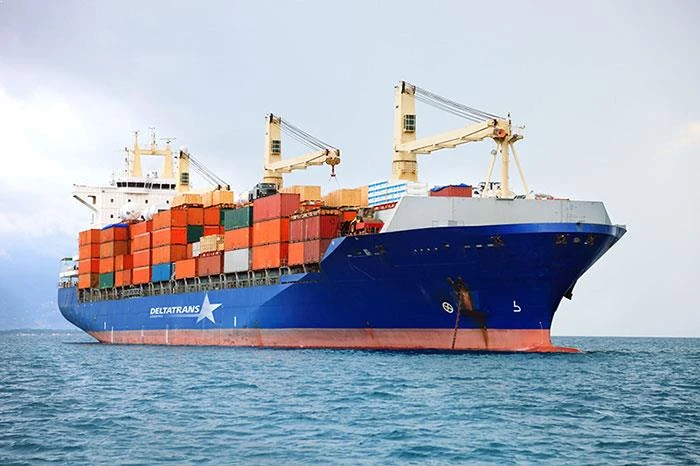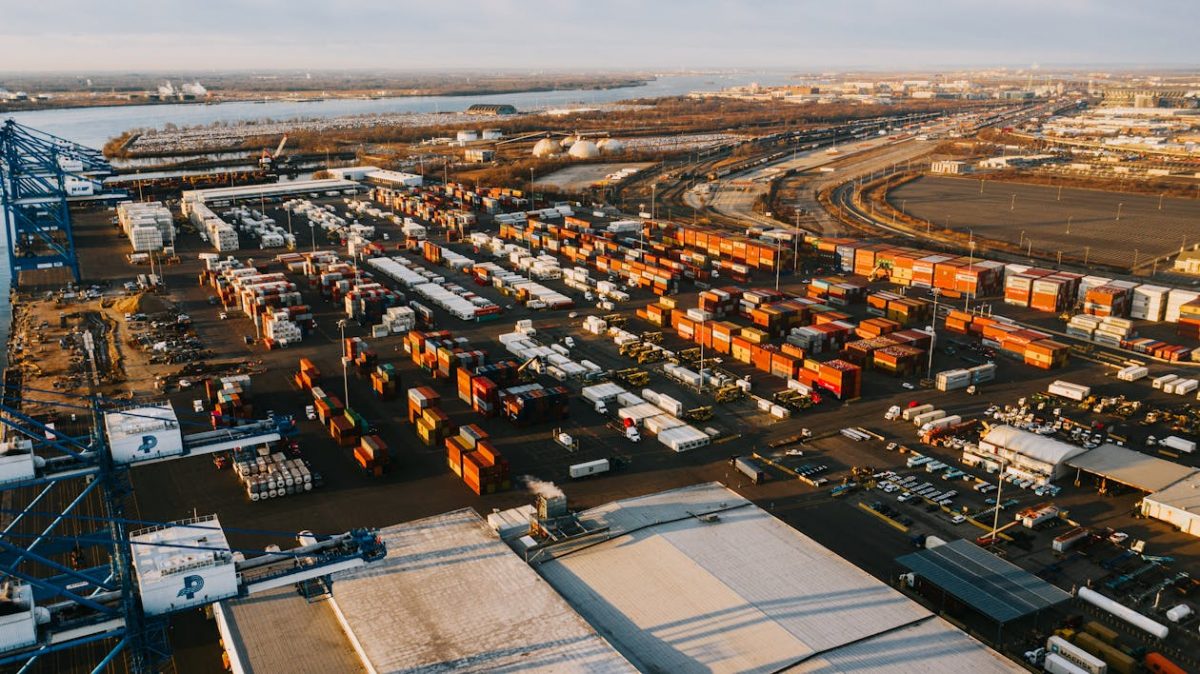What is Breakbulk Shipping? Everything You Need to Know
Many shippers are knowledgeable in traditional cargo transportation methods, such as container shipping and international freight forwarding. However, instances where cargo exceeds the container’s capacity or weight limit can make it more challenging to transfer goods to their destinations.
Breakbulk shipping serves as a practical solution to this dilemma. Understanding how breakbulk shipping works is fundamental to efficiently hauling oversized cargo and ensuring timely delivery.
What is Breakbulk Shipping?
Breakbulk shipping refers to a type of cargo transportation that includes handling and shipping large, heavy, and non-containerized items, including:
- Barrels
- Metal drums
- Machinery
- Vehicles
- Crates
- Boxes
- Building materials
Unlike container shipping, breakbulk offers tailored handling and secure transport for oversized or irregularly shaped goods to fit into standard ISO (International Organization for Standardization) shipping containers.
Moreover, since breakbulk shipments are not containerized, they do not always necessitate a dock crane for unloading. This gives entities access to various port options, such as Roll-On/Roll-Off and Lift-on/Lift-off services.
Advantages and Disadvantages of Breakbulk Shipping
While breakbulk shipping is an excellent option to transport cargo efficiently, it has its set of advantages and disadvantages. These include:
Pros
- Breakbulk shipping strengthens the security of goods with dedicated handling and stowage methods. This can be especially crucial for promotional products, which often need special care to prevent damage or breakage.
- Due to its customized approach, breakbulk offers faster transport times. Container shipping often makes multiple stops at different ports for cargo goods to be loaded or unloaded, whereas breakbulk can proceed more directly. This prompt technique is helpful for urgent or time-sensitive shipments, allowing businesses to effectively meet critical project deadlines or customer demands.
- Breakbulk shipping does not require cargo to be segregated individually. Rather, bulky or heavy items are loaded using specialized machinery. This streamlines the handling of large cargoes, making them easier to haul.
Cons
- Project cargo is often highly valuable and, therefore, risky to transport. If this cargo gets impaired, it can be costly to repair or replace. Fortunately, many modern methods allow complete enclosure of more oversized items, thereby ensuring they remain secure from damage during transportation.
- Unlike standard-size shipping vessels, break bulk and multi-purpose vessels are not always available on specific schedules. This can complicate the process of finding the appropriate carrier at the right time and location needed.
Preparing for Breakbulk Shipping
Preparing for break bulk shipping is imperative for successfully handling bulk cargo. This preparation reduces risks, lowers transportation costs, and ensures on-time delivery, making breakbulk shipping a dependable option for specialty deliveries.
The following discusses key steps to effectively arrange breakbulk shipping:
- Determine the Type of Break Bulk Cargo – Understand the equipment or material needed to be transported.
- Choose Appropriate Break Bulk Packing – Different break bulk cargo necessitate varying packing methods. For example, packed cargoes are typically shipped in bags, boxes, or cartons. On the other hand, unpacked cargoes are either not packed or cannot be packed due to their nature.
- Select the Right Handling Equipment – Use suitable equipment, such as cranes, forklifts, and conveyor systems, to efficiently load and unload breakbulk cargo.
- Choose a Breakbulk Fleet – This is crucial as it carries and handles cargo across seas to its destination port. These vessels differ in size, capacity, and specialization. Many outdated vessels have been replaced by modern alternatives that are equipped to manage diverse cargo needs efficiently.
- Determine the Break-of-bulk Point – Identify the break-of-bulk point to establish where cargo shifts between transportation modes to ensure smooth logistical transitions.
Leverage Reliable Breakbulk Shipping Solutions
Efficient transportation of goods is critical for businesses, particularly when meeting the demands of supply chain resilience. Breakbulk shipping plays a fundamental role in the global logistics ecosystem because it provides a secure and effective method for transporting large commodities. For businesses seeking breakbulk shipping solutions, Excelsior Worldwide Freight Logistics Corporation is a logistics company in the Philippines that offers reliable breakbulk services to accommodate oversized cargo. We are also committed to providing clients with time-conscious, client-oriented, and exceptional delivery service. Visit our website https://excelsior.ph/ for more information.



